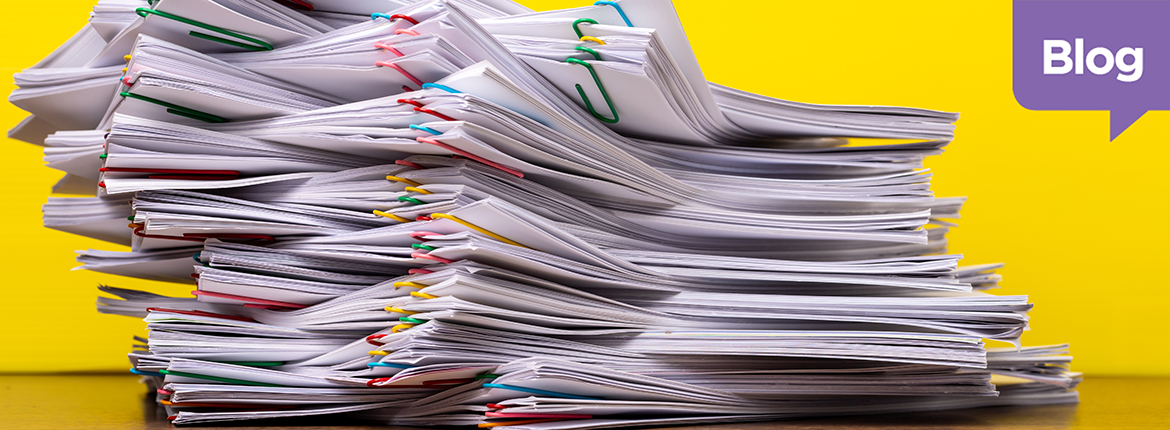
Payroll Recordkeeping 101
CoAdvantage- As one of the most essential and universal employment-related activities, payroll produces a significant amount of documentation, records, and forms. What do employers need to do with this information? Here are the basics of payroll recordkeeping.
What payroll records need to be stored?
In general, any documentation that relates to payroll calculations or processing will need to be stored and maintained. That includes information about employees, including their Social Security numbers, employment classification (e.g., contractor or employee), compensation agreements, and so on. Time and attendance records that affect compensation (e.g., hours worked) are also critical. Employers will also want to keep any type of official form (e.g., Forms W-2, W-3, W-4, W-5, 941, 944, etc.). If employers reimburse employees for expenses, they will also want to keep receipts, vouchers, or other documentation of those expenses. Fact Sheet #21 from the U.S. Department of Labor details the exact kinds of information that employers need to document for proper payroll recordkeeping.
How long do payroll records need to be retained?
The Fair Labor Standards Act (FLSA) mandates that payroll records be maintained for two to three years: “Each employer shall preserve for at least three years payroll records, collective bargaining agreements, sales and purchase records. Records on which wage computations are based should be retained for two years, i.e., time cards and piece work tickets, wage rate tables, work and time schedules, and records of additions to or deductions from wages.”
Tax records, including employment taxes, should be saved “for at least four years after filing the 4th quarter for the year,” according to the IRS. The “at least” in these statements is important. If older records remain relevant and continue to affect payroll or payroll taxes later, it may be advisable for businesses to continue to retain them past the statutory retention period.
Why should you keep payroll records?
Aside from the fact that these documents preserve information the employer needs in order to compute and administer accurate payroll, the relevant government authorities also have the right to request and review these records. Further, this kind of documentation can be pivotal in litigation, and employers who cannot produce adequate records may find themselves at a loss in court.
Anything else?
The requirements described above relate to federal law. Local and state regulations may also impose different or more exacting payroll recordkeeping requirements on employers. “It is also important that the utmost is done to protect the confidentiality of employee records and the privacy of information contained in them,” Joel Rice, an attorney with Fisher Phillips in Chicago, tells the Society for Human Resource Management.
CoAdvantage, one of the nation’s largest Professional Employer Organizations (PEOs), helps small to mid-sized companies with payroll, benefits, HR administration, and compliance. To learn more about CoAdvantage’s ability to create a strategic HR function in your business that drives business growth potential, contact us today.